Concerned about the West's weaponization of the dollar, BRICS countries have a growing need for alternatives to the greenback.
 |
| There were many opinions raised at the BRICS 2024 Summit that showed the US should not think that de-dollarization is impossible. (Source: tvbrics) |
Russia has been pushing hard for the BRICS countries to create alternatives to the dollar-dominated global financial system, but the road to achieving this goal has been rocky. That doesn’t mean the recent BRICS summit in Kazan, Russia, has given up on the goal of de-dollarization. The idea is still very much on the table.
However, it seems that achieving the goal will not be as quick and easy as desired. According to SCMP , "not many countries in this group appear ready to abandon the greenback, although Russian President Vladimir Putin has recently made efforts to encourage an alternative payment system among members".
Moscow has been pushing hard for BRICS to consider a payments system to replace the Western-dominated SWIFT global financial messaging system. But after the summit, President Putin admitted that there were no immediate plans for the bloc to create such a system.
However, there were many opinions expressed at this BRICS Summit showing that the US should not think that de-dollarization is impossible.
Opening the door to developing BRICS payment systems
Leaders and representatives of 36 countries attended the Summit, including BRICS members, along with leaders from interested countries of the group.
BRICS is an economic bloc originally comprised of Brazil, Russia, India, China, and South Africa. As of January 1, 2024, the group has added Egypt, the United Arab Emirates (UAE), Iran, and Ethiopia. Saudi Arabia has been invited to join but has not yet accepted the invitation. Türkiye, Azerbaijan, and Malaysia have formally applied for BRICS membership.
The 2024 BRICS summit adopted the “Kazan Declaration,” outlining a number of agreements among the bloc’s members. While the group did not adopt any formal plans for an alternative payment system to SWIFT, the bloc did state the need for reform, condemning “the negative impact of illegal unilateral coercive measures, including sanctions.”
“We emphasize the need to reform the current international financial architecture to meet global financial challenges, including economic governance, to make the international financial architecture more inclusive and equitable,” the joint statement said.
This year's conference also opens the door to the development of a future BRICS payments system.
"We recognise the broad benefits of faster, lower-cost, more efficient, more transparent, more secure and more inclusive cross-border payment instruments built on the principles of reduced trade barriers and non-discriminatory access. We welcome the use of local currencies in financial transactions between BRICS countries and their trading partners," the joint statement said.
In that spirit, the Summit agreed to “discuss and study the feasibility of establishing an independent cross-border settlement and depository infrastructure, called BRICS Clear (an initiative that complements the existing financial market infrastructure), as well as an independent BRICS reinsurance capacity, including the BRICS Reinsurance Company, with participation on a voluntary basis”.
The Kazan Declaration affirmed support for Russia's proposal to create a grain exchange to replace the Western exchanges that currently set international prices for agricultural economies.
“We welcome the Russian side's initiative to establish a BRICS grain (commodity) exchange (BRICS Grain Exchange) and then develop it, including expanding to other agricultural sectors.”
Why is BRICS pursuing its goals so vigorously?
James Chin, professor of Asian studies at the University of Tasmania, said that few countries were ready to abandon the US dollar completely. Their economies were too closely tied to the greenback.
A bilateral currency agreement seems like a more reasonable way forward, the expert speculated. The US dollar is likely to remain the global reserve currency, but on a smaller scale, while other currencies play an increasingly important role.
“A bilateral currency agreement seems the easiest way,” he said.
This is in line with China's existing Cross-Border Interbank Payments System (Cips). HSBC Bank (China), one of the world's largest banking and financial institutions, announced that it will officially join Cips.
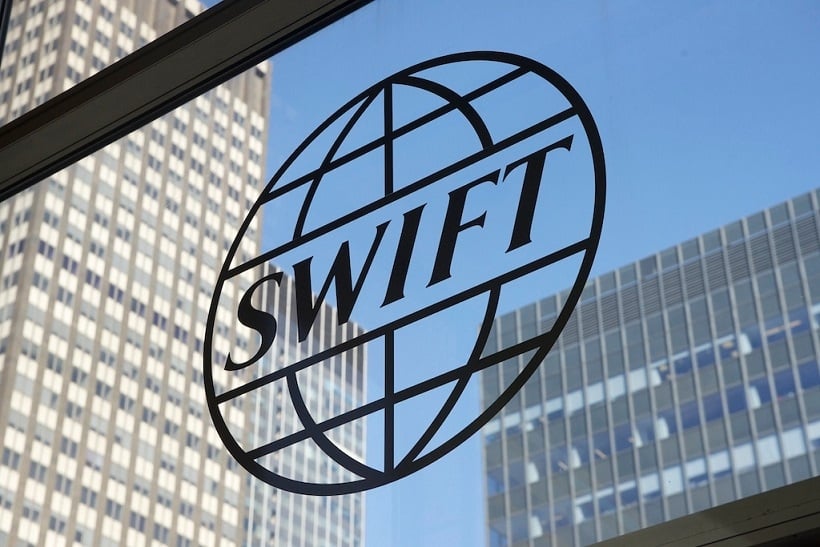 |
| Russia is pushing hard for BRICS countries to consider a payments system to replace the Western-dominated SWIFT global financial messaging system. (Source: financetnt.com) |
There is also mBridge, an instant cross-border payment system created by the Bank for International Settlements (BIS) Innovation Hub in Hong Kong. Currently, BIS has five full members, including Thailand, China, Hong Kong (China), Saudi Arabia and the UAE, and more than 30 observer members.
One of the most interesting proposals put forward at the BRICS Summit was the development of a precious metals exchange to compete with COMEX. According to Russian Finance Minister Anton Siluanov, “the mechanism will include the creation of price indices for metals, gold production and trading standards, as well as tools for accreditation of market participants, clearing and auditing within BRICS.”
While it seems unlikely that the BRICS nations will move quickly to develop alternatives to the USD, it would be unwise to take the bloc lightly. It is clear that the group is gaining influence globally.
It may not be easy to get all the BRICS countries to agree on specific policies or payment systems, but they are concerned about the weaponization of the US dollar and there is a growing need for alternatives to the greenback.
BRICS is increasingly influential
In fact, the Atlantic Council identifies the rise of BRICS as a threat to the long-term dominance of the US dollar.
The Council “identified BRICS as a potential challenger to the US dollar’s position due to signals of intention to transact more in individual members’ national currencies and BRICS’ growing share of global GDP.”
Even before the Summit, Yaroslav Lissovolik, founder of the BRICS+ Analytics research group, said that an alternative payment system is certainly possible, but it would likely take time to develop.
“After the significant increase in BRICS membership last year, it is arguably more difficult to reach consensus,” he said.
Of course, in the world of geopolitics, things often happen slowly and then all at once. And even a relatively small decline in the greenback’s position in an increasingly multipolar global financial system, where the USD is no longer the only “rooster” in the chicken coop, could be damaging to the US economy.
This reality was already taking place long before the BRICS Summit. Global dollar reserves have fallen by 14% since 2002, and the de-dollarization process accelerated after the US and its Western allies imposed heavy sanctions on Russia.
Because the global financial system is based on the greenback, the world needs a lot of dollars, and the US depends on this global demand to support its government with a growing public debt. The only reason Washington can borrow, spend and run such large budget deficits is because of the role of the USD as the world's reserve currency.
This creates a built-in global demand for the US dollar and greenback-denominated assets, which absorbs the US Federal Reserve’s money printing and helps maintain the strength of the dollar despite the Fed’s anti-inflation policies.
But what happens if that demand declines? What happens if the BRICS nations and others don't need so many dollars?
De-dollarization of the world economy will cause a surplus of USD. The value of the US currency will continue to depreciate.
In extreme cases, global de-dollarization could trigger a currency crisis. People would feel the impact through more price inflation, eroding the purchasing power of the greenback. In the worst case, it could lead to hyperinflation. Even a small drop in demand for dollars would ripple through the world’s largest economy.
There may have been overblown concerns about the BRICS undermining the greenback’s dominance, but it would be unwise to dismiss the bloc’s rise entirely. It won’t happen overnight, but the group’s rise reflects growing discontent with the way the US uses its monetary influence as a foreign policy tool. Various moves to de-dollarize and reduce dependence on the currency are likely to continue.
Source: https://baoquocte.vn/usd-khong-con-la-con-ga-trong-duy-nhat-trong-chuong-brics-da-san-sang-phi-usd-hoa-se-khong-khon-ngoan-neu-my-lam-dieu-nay-291957.html







![[Photo] General Secretary To Lam attends the 80th anniversary of Vietnam's diplomacy](https://vstatic.vietnam.vn/vietnam/resource/IMAGE/2025/8/25/3dc715efdbf74937b6fe8072bac5cb30)

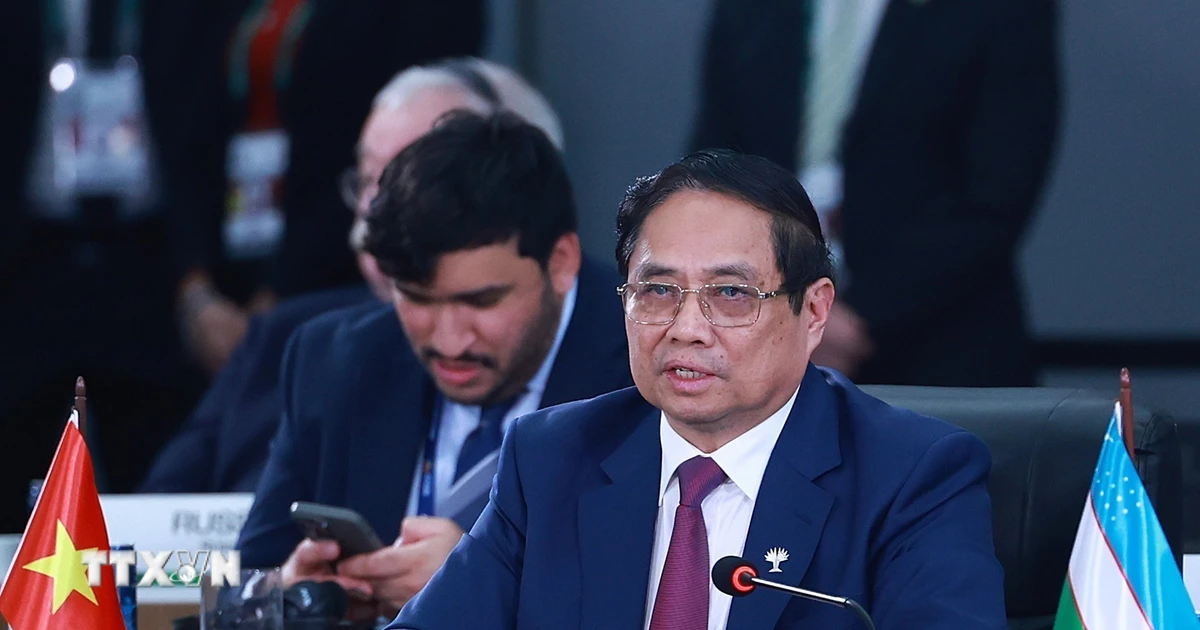

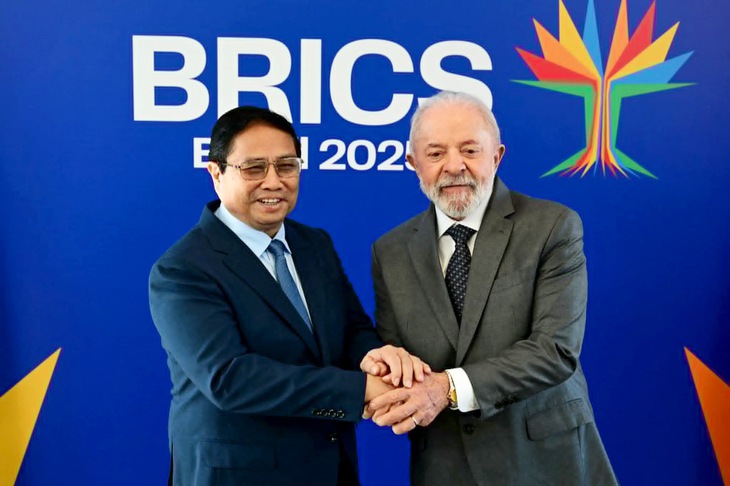



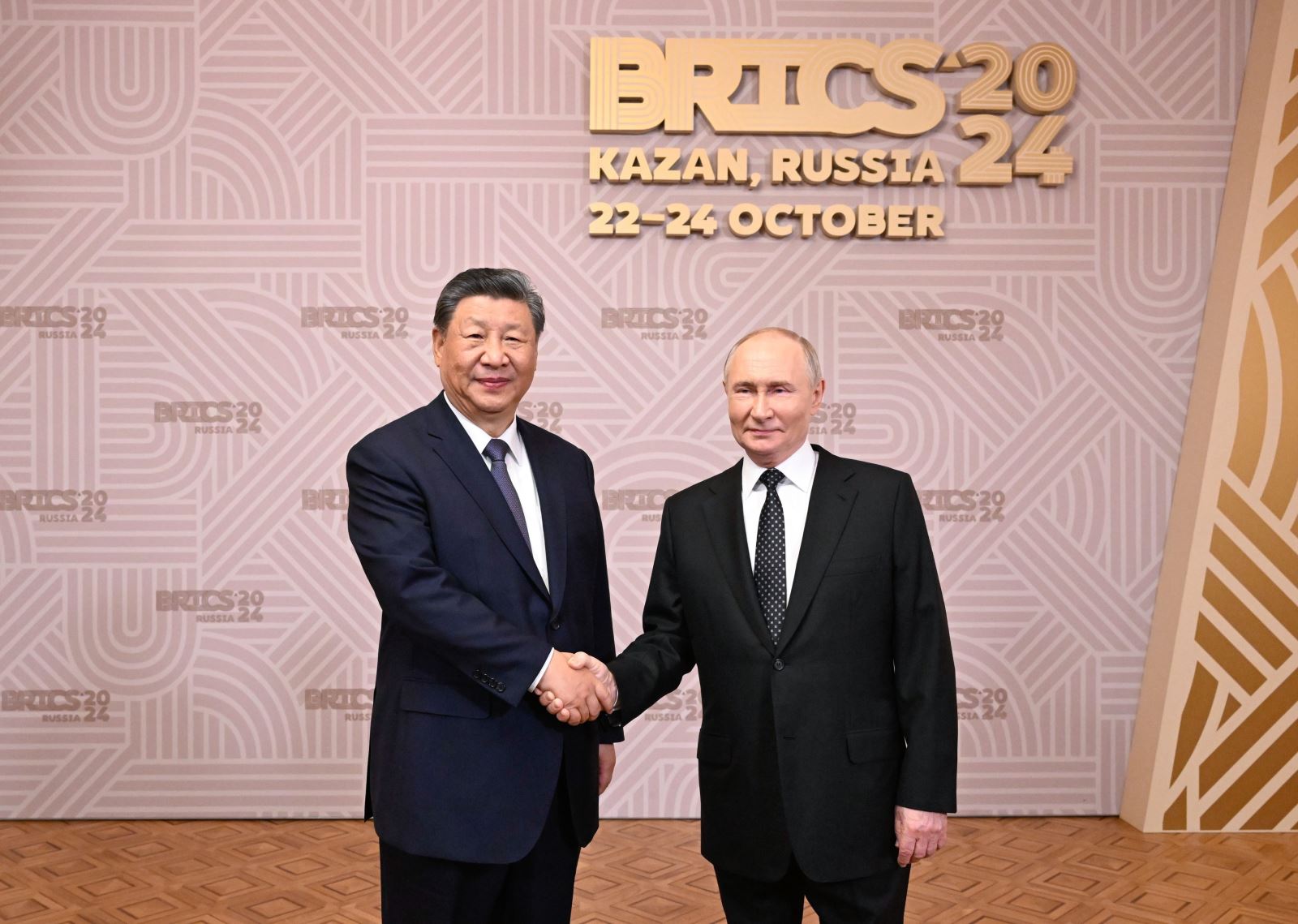

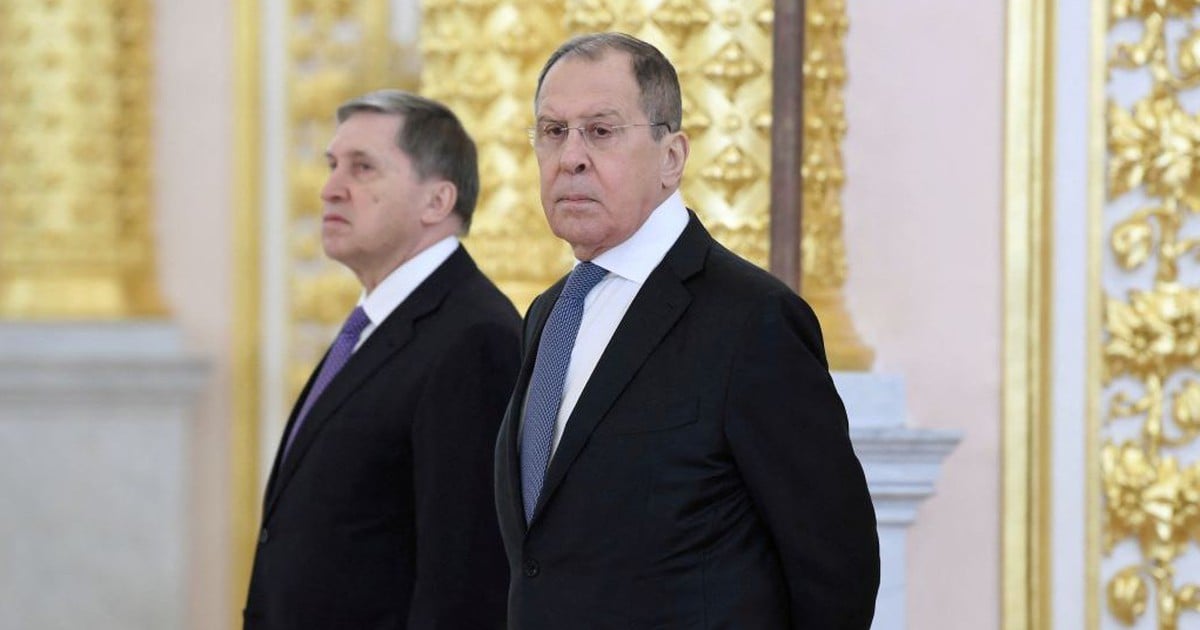



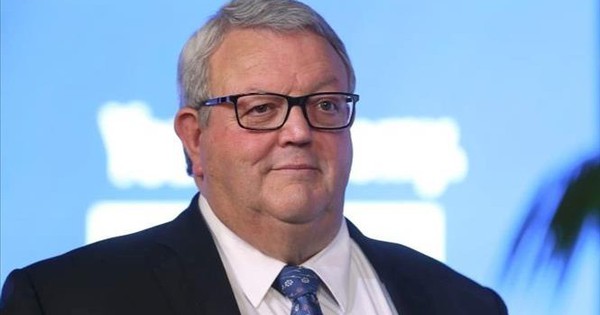

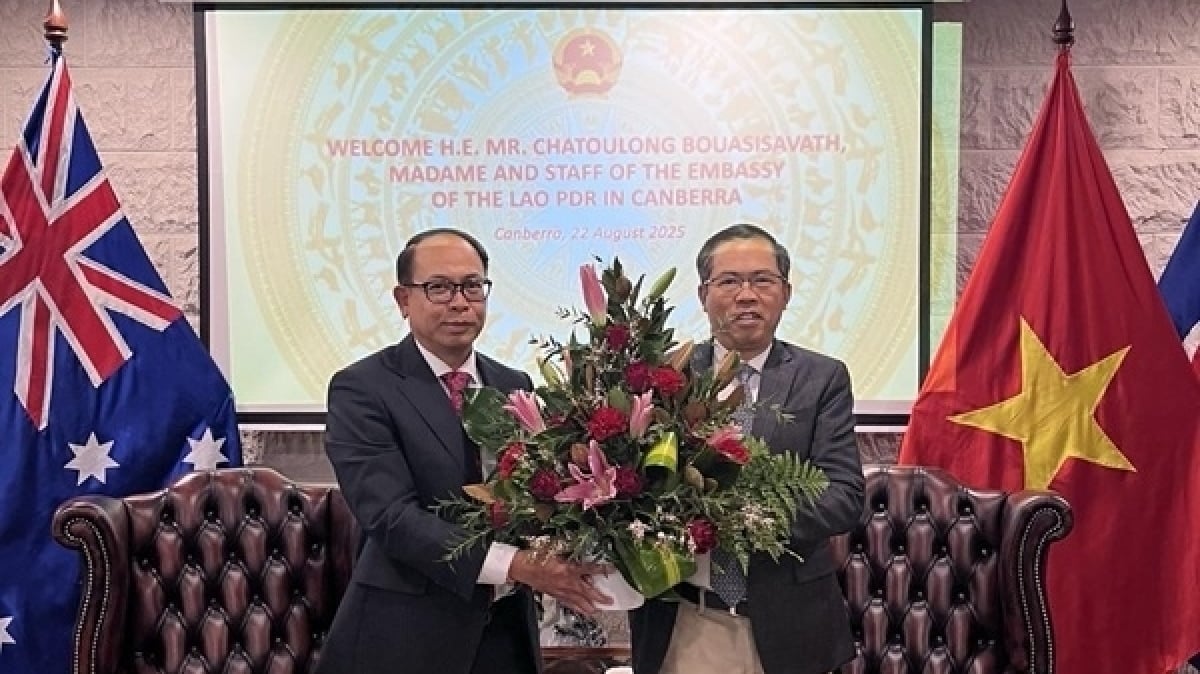
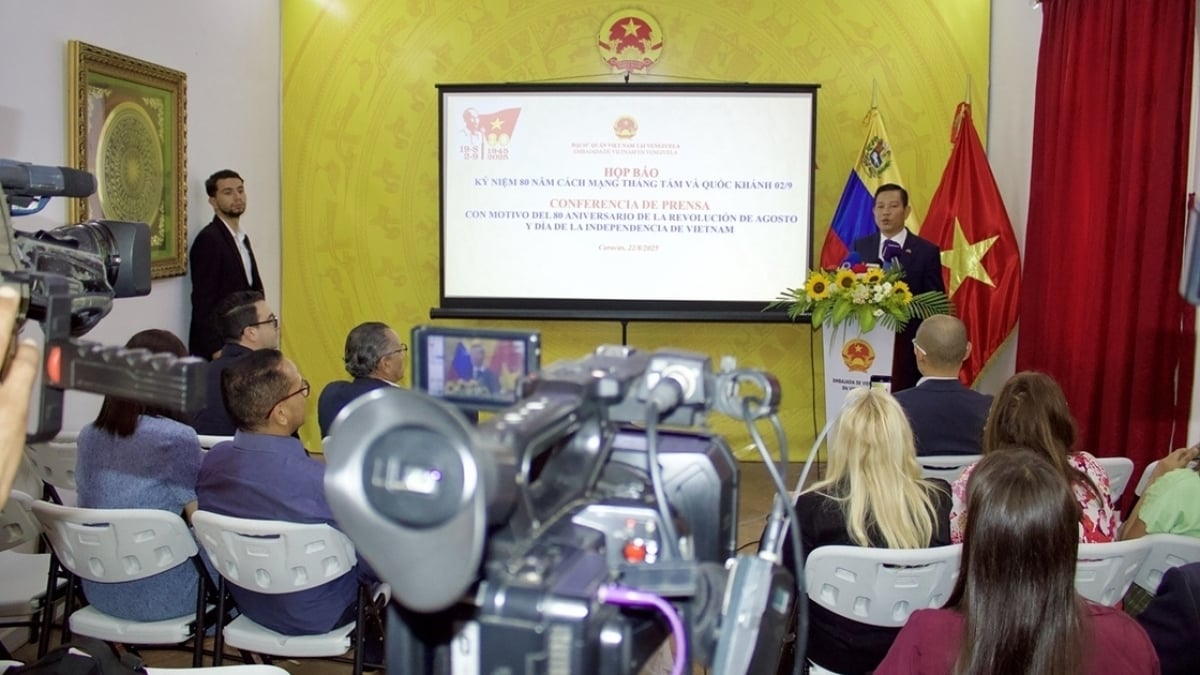
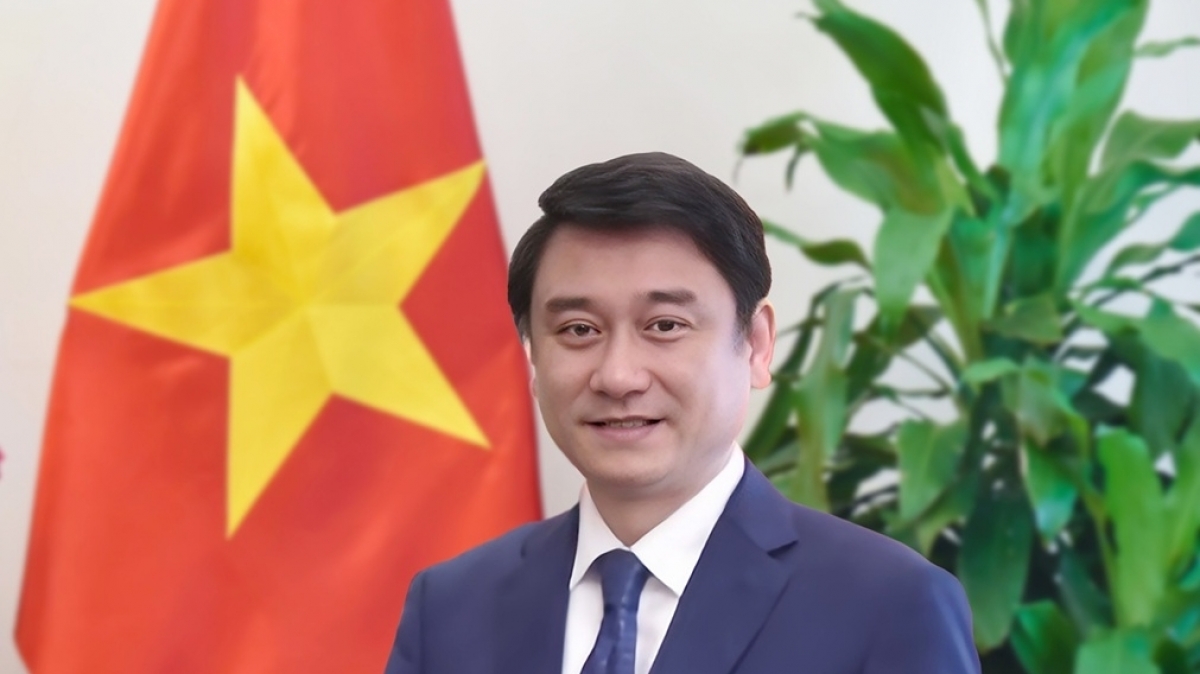
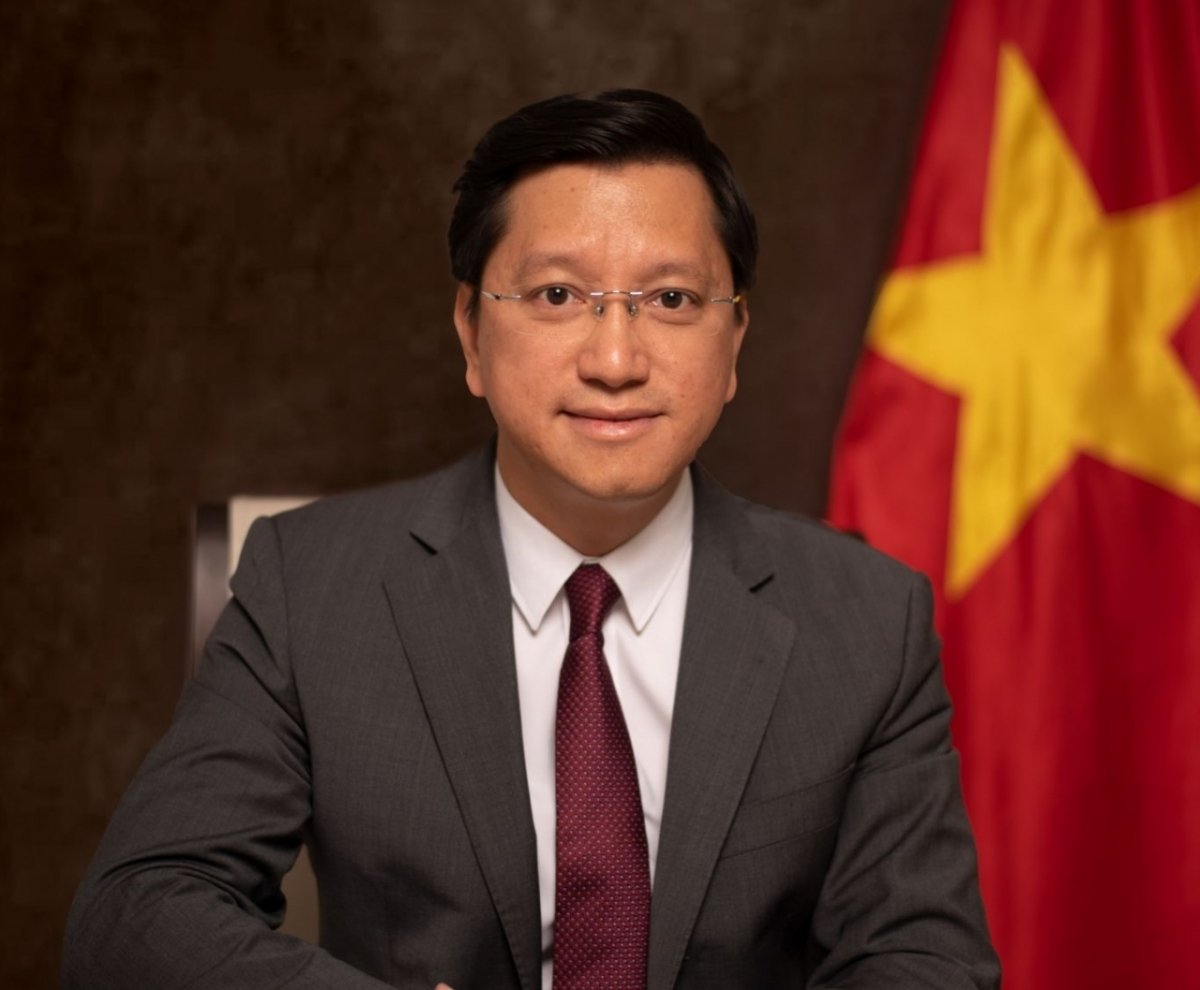





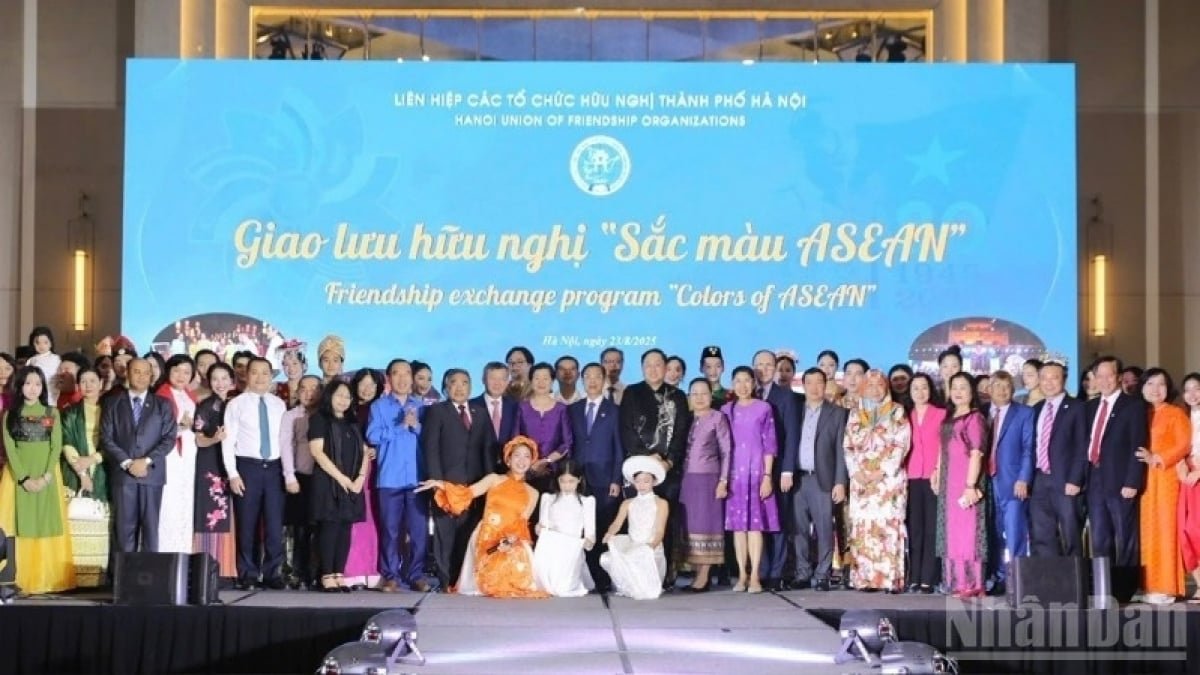
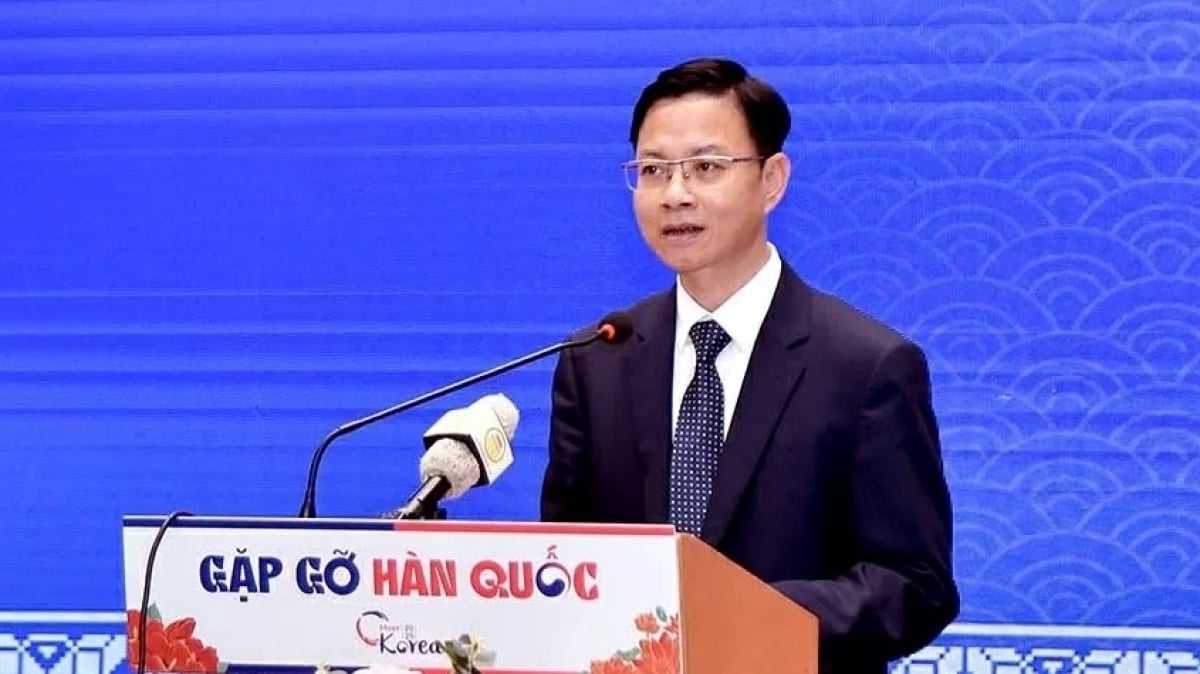














































































Comment (0)